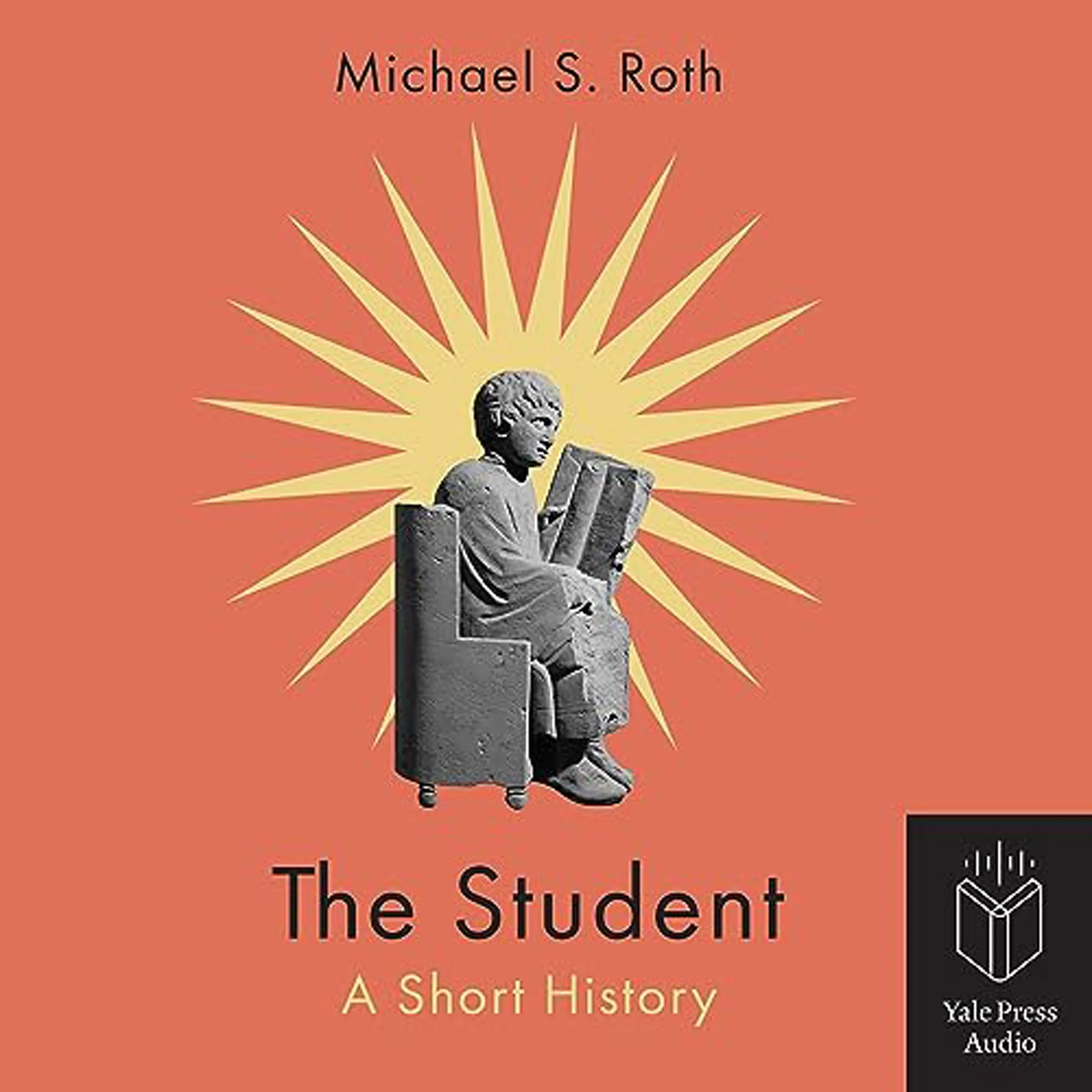WENDY WONG - Author of We, the Data: Human Rights in the Digital Age
/Author of We, the Data: Human Rights in the Digital Age
Professor of Political Science at University of British Columbia
One of the things that we need to remember is that we are data stakeholders and not data subjects. We're often called data subjects if you look at the way legislation is written and tech companies talk about the users of their technology as data subjects. Being a subject casts this sort of '“you can't help but have this happen to you” effect. But we're actually data stakeholders for the reason that data cannot be created without us. If companies were incentivized to follow data minimization for example, where they only collect the data they need, that would change the way we interact with digital technologies.



















